Taking out a loan is a significant financial decision that can impact your personal or business finances for years. Whether you’re starting a new venture or managing unexpected expenses, loans can offer a much-needed financial lifeline. However, understanding the terms, conditions, and implications of the loan agreement is crucial to set yourself up for success.
Before signing on the dotted line, you should be equipped with the right questions to ensure transparency, minimize risks, and select the best option for your needs. This guide will walk you through the top questions to ask before applying for any loan, helping you make informed and confident financial decisions.
Assessing Your Business Needs
Before applying for any loan, the first step is understanding why it’s needed and how it fits into your financial plans.
What is the exact amount of funding required?
Determining the precise amount you need is one of the most critical steps in the loan process. Borrowing too little may leave you underfunded, while borrowing too much may unnecessarily increase your debt. Start by assessing your financial goals and breaking down your specific funding requirements. For example, are you financing equipment, paying off outstanding liabilities, or covering operational expenses? A clear picture ensures you avoid borrowing more (or less) than necessary.
Example:
If you’re a small business owner looking to open a new retail location, calculate the cost of rent, inventory, staffing, and operational expenses to determine an accurate loan amount.
How will the loan contribute to revenue growth or cost savings?
It’s vital to ask yourself how this loan will positively impact you. Consider whether the loan will directly drive growth or improve efficiencies. For personal loans, think about how it might help alleviate financial stress or achieve an important goal. Understanding the purpose of your loan makes it easier to justify repayment and manage your long-term financial health.
Example:
A marketing firm may use a loan to invest in technology upgrades, which would improve efficiency and raise client satisfaction. This potential revenue growth could fully justify the loan.
Understanding Loan Terms and Conditions
Once you’ve assessed your funding needs, the next step is understanding the terms and conditions of the loan product you’re applying for.
What is the interest rate, and is it fixed or variable?
Interest rates are a significant factor impacting the overall cost of your loan. Ask the lender about the precise rate they’re offering and confirm whether it’s fixed or variable. A fixed interest rate remains constant throughout the loan term, providing stability in monthly payments. Conversely, a variable interest rate fluctuates with market conditions, which could mean lower initial costs but potential unpredictability over time.
Tip:
Compare the APR (Annual Percentage Rate) across lenders, as it accounts for all loan costs, including fees, giving you a more comprehensive view of the loan’s expense.
What are the repayment terms and potential penalties?
Understanding the repayment structure is key to ensuring the loan aligns with your financial situation. Ask about:
- Loan term (e.g., 6 months, 5 years, etc.)
- Monthly payment amounts
- Repayment flexibility (Can you make early payments?)
- Potential late payment penalties or prepayment fees
Some lenders penalize early repayments, as they reduce the interest they earn. Ensure clarity on what happens if you decide to pay off your loan early or encounter financial difficulties mid-repayment.
Tip:
Choose loan terms and monthly payment amounts that comfortably fit within your budget and financial stability. Even small repayment delays can lead to steep interest or penalties.
Evaluating the Lender’s Reputation and Transparency
Not all lenders are created equal. Picking the right one is just as important as picking the right loan. Here are key questions to help you evaluate lenders effectively.
Is the lender accredited and reputable?
Before agreeing to a loan, do thorough research on the lender. Check reviews, ratings, and accreditations to ensure you deal with a credible institution. Look for industry certifications or memberships in financial associations, as these often demonstrate the lender’s commitment to ethical practices.
Tip:
Review online platforms, such as Better Business Bureau (BBB) or Trustpilot, to see verified reviews from other borrowers.
Does the lender provide clear and understandable information?
Transparency is essential when entering into any financial agreement. Ensure the lender clearly explains all terms, fees, and repayment conditions. A trustworthy lender should be able to answer all your questions without hesitation and provide written documentation for every term discussed.
Warning Sign:
Be cautious of lenders who avoid answering questions, use high-pressure sales tactics, or have hidden fees buried in the fine print.
Red Flags to Watch For
- Unrealistically low interest rates without explanation.
- Limited or no customer support for clarifications.
- Failing to provide loan agreements in writing.
Next Steps for Borrowers
Before applying for a loan, consider revisiting these key questions to ensure you’ve left no stone unturned. To summarize:
- Clarify your needs: Understand the amount required and the loan’s purpose.
- Review terms carefully: Pay special attention to interest rates, repayment terms, and hidden fees.
- Research lenders: Prioritize reputable, transparent lenders who communicate effectively and value your trust.
Making informed decisions can safeguard you from unnecessary financial risks, so carefully evaluate your options. If needed, consult a financial advisor who can guide you further. When you’re well-prepared, applying for the right loan can be a powerful tool to achieve your personal or professional goals.






